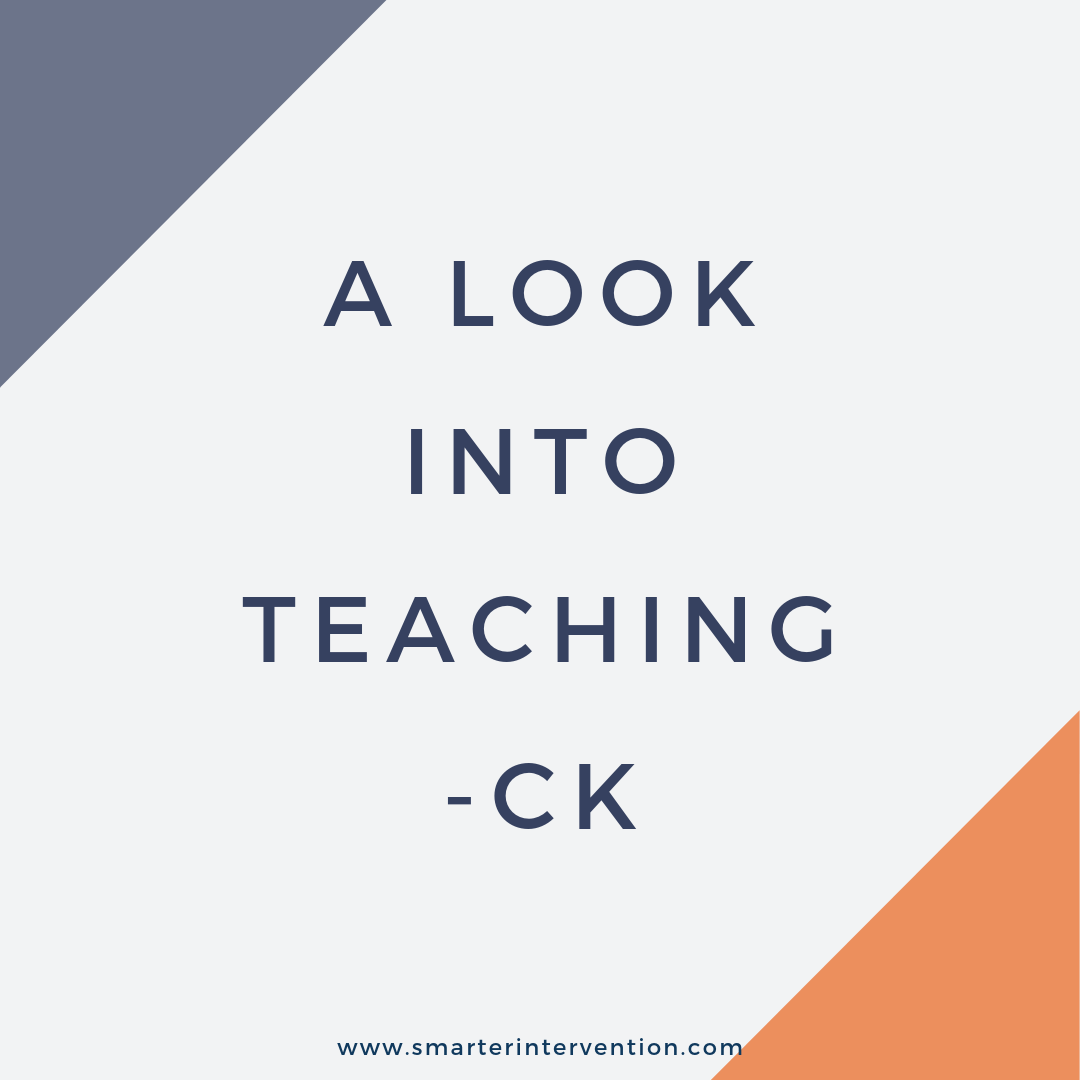Science-based literacy resources and articles
for families, educators and schools
Search by Category:
Categories
- Advocacy
- Authentic Literature
- Business
- Comprehension
- Data Tracking
- Differentiation
- Dyslexia
- Evaluation and Assessment
- Executive Functioning
- Games & Activities
- Helping My Child At Home
- How To
- IEP/504 Plan
- Lesson Planning
- Math
- Online Intervention
- Organization
- Parents
- Phonics
- Phonological Awareness
- Reading Comprehension
- Reading Fluency
- Research
- SLP
- Spelling
- Vocabulary
- Writing
How to Organize Your Literacy Worksheets
Is there anything worse than combing through piles of worksheets to find the ONE you’re looking for?
As a part of our organizational series, this week we are sharing our process for keeping all of our worksheets & full-page activities organized! Keep reading to learn our top 3 tips for keeping worksheets organized!
The 3 Things Your Literacy Intervention Materials MUST Include
In this field, we are bombarded with theories, approaches, information and often, it can be difficult to know exactly what resources you need.
Whether you are looking for activities to supplement a program that your school has provided you with, or, you are looking for a comprehensive curriculum, there are a few things that you should always be looking for. Keep reading to learn more…
Why You Should Use Games in Your Reading Instruction
We’ve learned that by turning simple reading tasks into games it will provide students with the repetition they need to see success. We try to turn EVERYTHING into games and you’d be surprised because even those of you with older students will see that they enjoy this “gamification” of instruction as well.
Why We Love Interactive Notebooks in Our Reading Intervention
One of our favorite things to do with our students is to create interactive notebooks. We absolutely love it because it is a really great way to start off your systematic, structured, reading intervention. It's also a great way to keep students engaged!
How to Teach the OU Spelling Rule
OU has two sounds. To help our students remember these sounds, we use the key phrase “Trout Soup” because it can say /ow/ like in trout and /oo/ like in soup. The visual of fish soup is one the students don’t forget very easily! Keep reading for more tips, tricks and vowel team activities!
We Completely Misunderstood Multi-sensory Instruction...
Multisensory teaching is a popular concept in research-based reading instruction, but the problem is that most teachers, interventionists, specialists (including US!) completely misunderstand what is needed to create multisensory reading and spelling instruction. We will show you the most effective and easiest way to incorporate multisensory instruction without the mess!
A Look into Teaching -ck
Reading intervention for struggling readers, such as those with dyslexia or other reading disabilities needs to be systematic, sequential, cumulative, targeted, research-based…the list goes on and on. But how do you come up with a lesson plan that has reading and spelling activities that hits on all of these targets for your struggling readers? Well look no further, we are giving you behind the scenes access to our comprehensive lesson plans that leave nothing out for your struggling readers so that they can get to grade level once and for all and you can stop spending all your time planning.
How Do I Pick Relevant Activities for My Reading Intervention Students?
So this can be one of the most challenging things we face as reading interventionists - what activities do I pull to target specific weaknesses for my struggling readers? And how can I do that without spending a TON of extra time that I don’t really have?
We all want the very best for our students, it’s our mission and our goal to be providing the best possible instruction to help completely eliminate reading and spelling gaps.
Open Syllables - The Reading and Spelling Rules That Nobody Taught You
Welcome to week 4 in our series of The Reading & Spelling Rules That Nobody Taught You. In this post, we are going to talk about the fourth syllable type we teach to our students, Open Syllables.
The Open Syllable is the opposite of a Closed Syllable. In an open syllable, you have a vowel left alone at the end of the syllable. Our students like to remember that when nothing is behind the vowel, it can go for a looooong run and say its loooooong sound.
R-Controlled Syllables - The Reading and Spelling Rules That Nobody Taught You
So we’ve been talking all about the reading and spelling rules that were brand new to us when we began to learn about Structured Literacy and the “science” behind the English language. Today, we are going to talk a little about the “Bossy-R” or the R-controlled syllable type. This one is a challenge!!!











